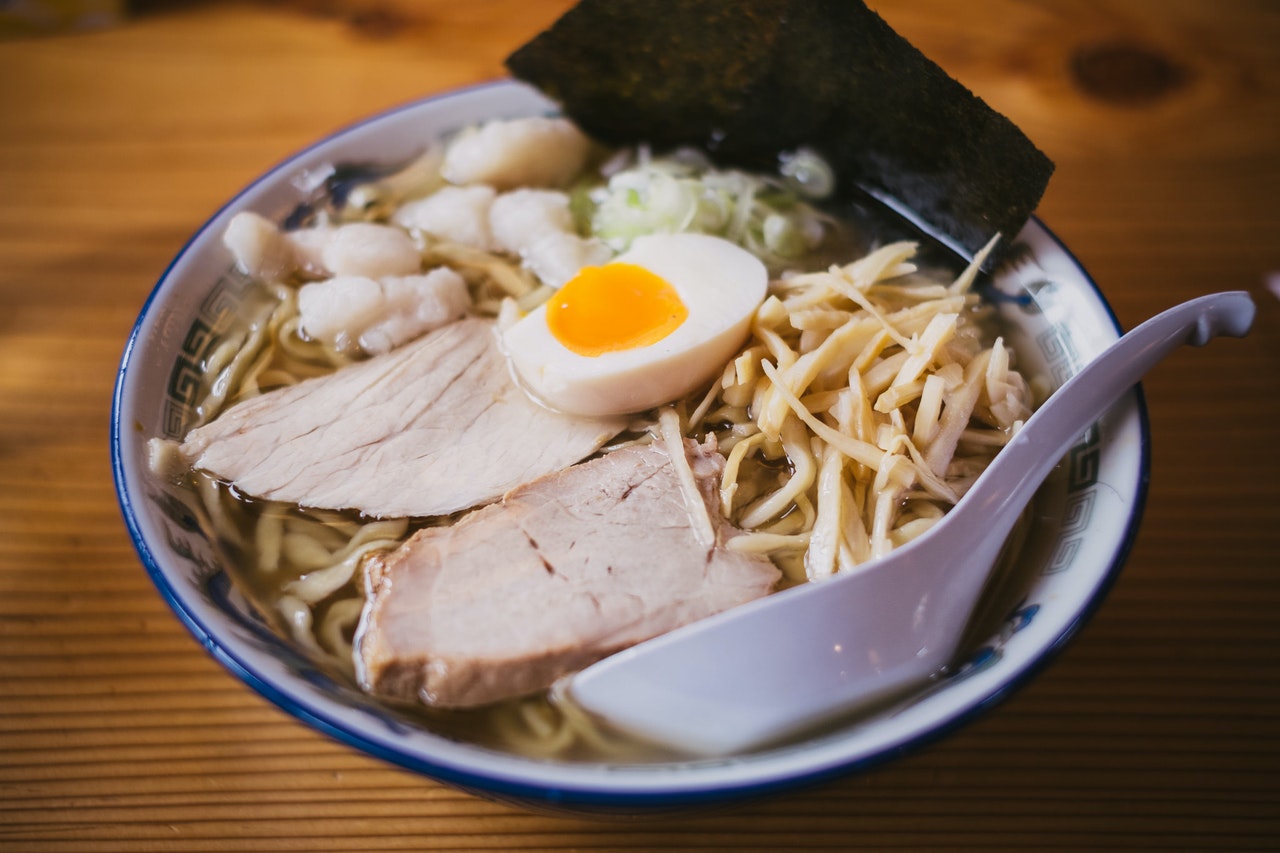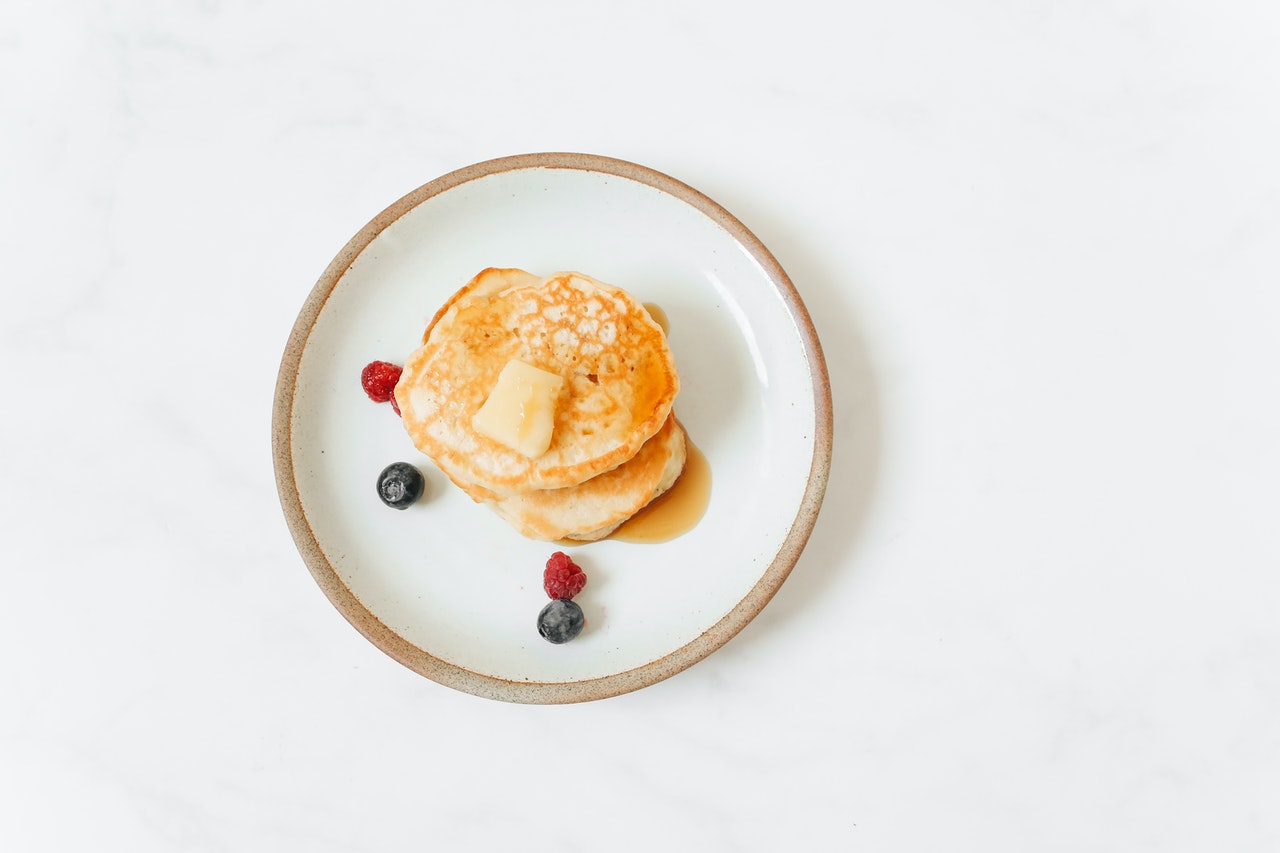
The Japanese diet is considered to be one of the healthiest in the world, and for that reason the Japanese have an average life expectancy far greater than the western world. But why is this so?
1. Smaller Food Portions
Food portions in Japan are smaller and reduce the opportunity for pigging out. Western visitors to Japan will find that when eating out, meals will be roughly about half the size of what they are used to (or even less if they are used to US-sized portions).
2. Healthy Desserts
The Japanese do enjoy some western desserts like ice cream or cake, but they are more likely to serve up some seasonal fruits arranged on a plate than a sticky toffee pudding. Even when Western-style desserts are on the menu, portion sizes will be considerably smaller.
3. Healthy Teas
Japanese green tea has numerous health benefits, so much so that we should all be brewing up with it. Green tea is believed to help regulate blood pressure, lower blood sugar, boost the immune system, lower cholesterol, slow the aging process, and studies have even shown that green tea can be effective at preventing cancer. That’s as close to the elixir of life as you can get!
4. Healthy Noodles
Japanese soba noodles are also a staple part of the nation’s diet and are made from wheat and buckwheat flour which helps the digestive process. Soba noodles contain no white flour and are considered significantly healthier, being high in fibre. They help the body eliminate cholesterol, as well as promoting regular bowel movement.
5. Large Quantities Of Rice
Rice is consumed in huge quantities by the Japanese, so much so that it is served with virtually every meal of the day, including breakfast. As a low-fat carbohydrate, rice fills you up so there’s less room for fattening and artery-clogging foods. (The Japanese could improve their health further by substituting white rice for brown rice.)
6. Soy Products
Like fish, soy products such as tofu are also a great alternative source of protein than red meat or even dairy, since they have little or no saturated fat. Soy products help reduce heart disease and lower blood pressure. As a staple part of the Japanese diet, soy products are great at helping keep down cholesterol and are a useful addition to a healthy diet.
7. Fish For Health
Think of Japanese cuisine and it’s quite likely that you’ll think of sushi, which nowadays is commonly taken to mean raw fish on rice (traditionally ‘sushi’ means vinegared rice). So, clearly we associate a Japanese diet closely with consuming fish, and in large quantities. Fish is a great source of omega-3 fatty acids, which are known for their heart-health and even brain-boosting benefits.


